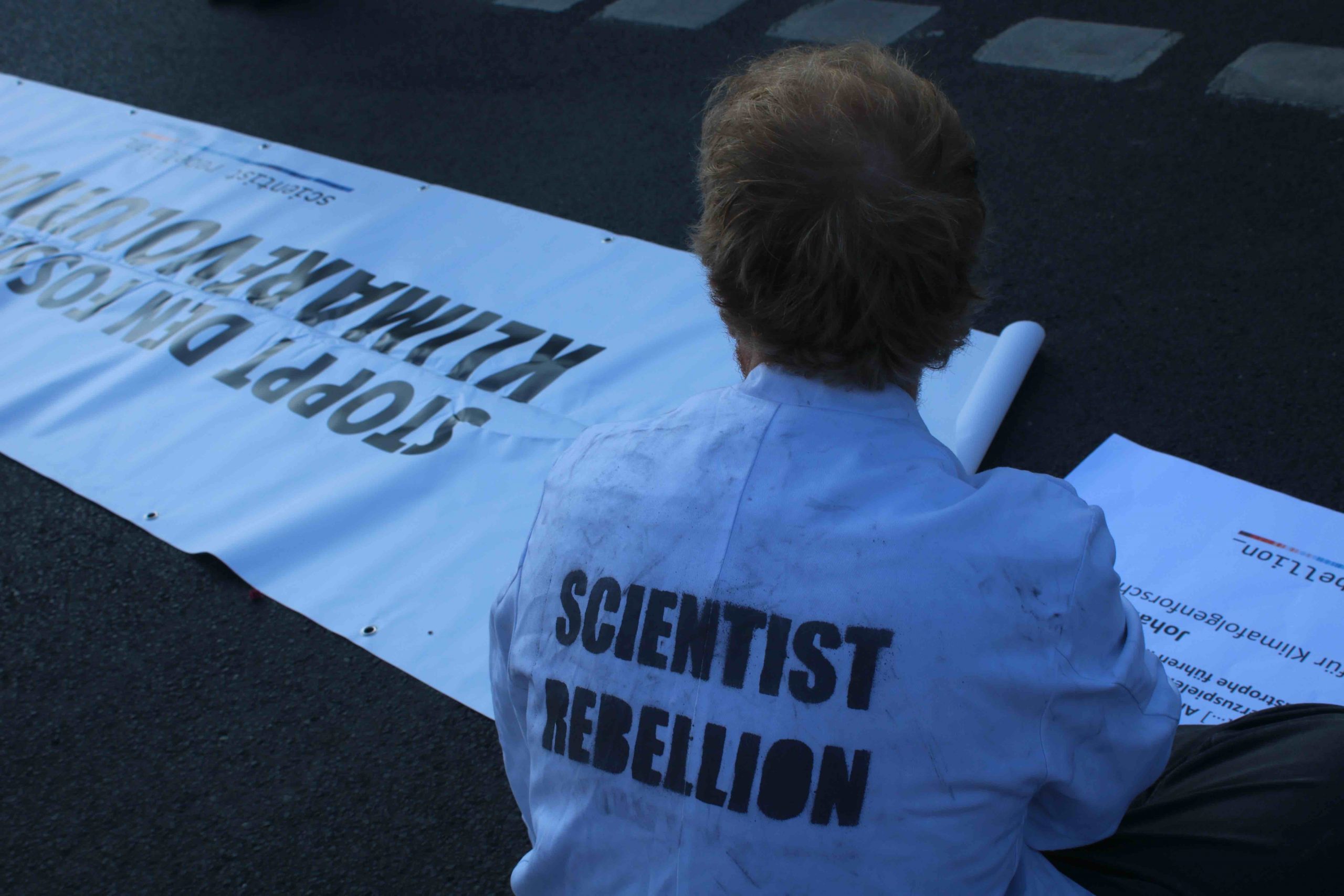
Stop adding fuel to the fire: End fossil subsidies
#Howmuchmore? Berlin, 30/11-05/12
How much more climate failure can we afford?
COP28 is around the corner. After an inconclusive edition last year, world leaders will gather from November 30 to December 12 in Dubai to discuss climate action. Fossil fuel interests will be more present than ever in these negotiations, causing widespread distrust and indignation. As the deadly consequences of the climate crisis become more visible than ever, as temperature records after temperature records are smashed, as limiting global warming to a safer limit of 1.5 degrees is turning into political fiction, we cannot afford this COP to be again a parade of empty promises.
How much more unfulfilled promises can the climate crisis take?
Fossil subsidies are one of the worst examples of repetitively failed climate promises. Since 2009, German governments have repetitively pledged to phase out fossil or environmentally damaging subsidies: at G7 meetings, in the final declarations of the last two COPs, and in the latest coalition agreement. Despite this, Germany still spends 65 billions of euros of tax money in environmentally harmful subsidies each year, and the current government has little concrete plans for a phase out.
How much more time can we waste?
After almost 15 years of empty words, environmentally damaging subsidies are still in place, lowering our already narrow chances to keep global warming below a safer limit of 1.5C. The failure to act on this repeated, science-backed promise, is no less than climate sabotage. Fossil subsidies artificially cheapen climate-damaging modes of transportation and production, leading to further escalation of the climate crisis, and withhold the funds that could enable a faster and fairer transition. The time is too late for vague declarations of intention. We need deeds, not words.
We demand that the German government drafts a concrete plan for a rapid phasing out of fossil subsidies, ultimately ending all types of environmentally damaging subsidies by 2025, as they promised at the G7 in 2016, and that they immediately work on stopping the most damaging and unequal subsidies, redirecting the money towards a fair energy transition and social justice programs.
Join us in Berlin from 30/11 to 05/12 to demand an end to fossil subsidies and climate sabotage.
#Howmuchmore climate failure can we afford?
#Howmuchmore unfulfilled promises can the climate crisis take?
#Howmuchmore time can we waste?
FAQ COP28
According to the most recent available estimates, Germany spends about
65 billion euros per year on environmentally damaging subsidies.. These include some non-fossil, environmentally damaging subsidies, such as lower taxes for animal products, but the largest contribution to environmentally damaging subsidies are fossil fuel subsidies. These are for instance full VAT and kerosene tax exemptions in international aviation (12.4 billion euros / year), or lower taxation for diesel fuel compared to gasoline (8.2 billion euros / year). Though this number was computed in 2018, failure to address the necessary phase-out of these subsidies, as well as the implementation of new subsidies since 2022 mean that the current amount is
likely not smaller.
There is a clear agreement from the scientific community that a phase out of fossil subsidies would contribute to mitigating greenhouse gas emissions and can be a vital tool for a fair transition. Fossil fuel subsidies have a double negative effect: (1) they lead to further carbon emissions by artificially lowering the cost of climate-damaging modes of transportation and production, and (2) they withhold funds that could be otherwise used on a faster and fairer transition.
The latest IPCC report stated: “Removing fossil fuel subsidies would reduce emissions, improve public revenue and macroeconomic performance, and yield other environmental and sustainable development benefits”. This call is echoed by several expert bodies, such as the
IMF or
IEA.
As part of G7, the German government has repetitively agreed to phase out fossil subsidies
since 2009. In 2016, G7 countries agreed on a
2025 deadline. In the current coalition agreement, the parties now in government
agreed to phase out climate and environment damaging subsidies. However, as the
Expertenrat Klima critically noted, there is still a lack of a clear route for their phase-out.
Fossil subsidies are one of the clearest examples of unfulfilled climate promises by countries on the international stage. Despite agreements at the
last two COPs on a phase out of inefficient fossil subsidies, they are
not yet decreasing on a global level. During COP28, the EU is
planning again to call for a phase-out of fossil subsidies, but without a concrete deadline. Countries like Germany present themselves as climate leaders but are not credible as they fail to implement at home the policies they defend on the world stage.
One of the major obstacles to effective climate action, such as putting an end to fossil fuel subsidies, is the intense lobbying of the fossil industry. After last year’s COP in Egypt, where fossil fuel lobbyists made up
the second most numerous delegation, this year’s COP will take place in Dubai,
under the direction of the CEO of the Abu Dhabi National Oil Company. Letting fossil fuel companies present themselves as part of the solution, after decades of spreading misinformation and lobbying against climate action, is unacceptable and dangerous.

